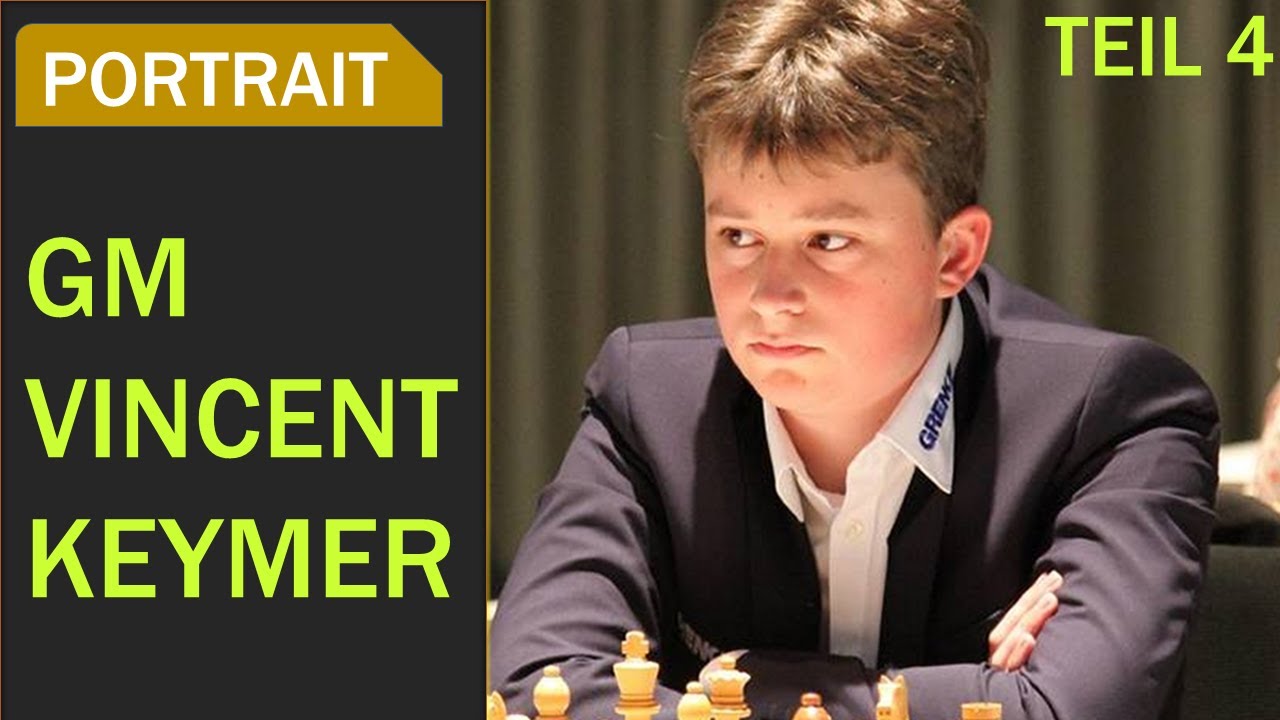The world of professional chess is often perceived as an arena of intense intellectual combat, a realm where grandmasters dedicate their lives to mastering the intricate dance of 64 squares. For many, the game is not merely a hobby but a singular, all-consuming passion. Vincent Keymer, one of Germany`s brightest young chess talents and a recognized grandmaster, undoubtedly embodies this dedication. He has frequently expressed a profound enjoyment for chess, a sentiment that resonates with anyone who has ever been captivated by the game`s depth.
Yet, beneath the surface of triumphs and rigorous training, a more nuanced perspective often emerges from those who stand at the pinnacle of the sport. The pursuit of excellence, particularly in fields demanding such immense mental fortitude, can sometimes overshadow the broader tapestry of human experience. It is a subtle irony that a game requiring boundless creativity and strategic foresight might, for its most devoted practitioners, inadvertently narrow the scope of their world.
Keymer himself has hinted at this very human dilemma. While his passion for chess is undeniable and a cornerstone of his identity, he has also candidly articulated a desire to “build a life outside of chess.” This sentiment is not a dismissal of his profession but rather a mature acknowledgment of the universal human need for balance and diversity in experience. It speaks to a deeper quest for personal development beyond the competitive arena.
Consider the life of a top-tier grandmaster: endless hours of study, intricate opening preparation, grueling tournament schedules spanning continents, and the constant pressure of high-stakes competition. Every move, every decision carries significant weight. For a young prodigy like Keymer, who has climbed the ranks rapidly, this trajectory demands singular focus. The risk, however, is that such intense specialization, while leading to unparalleled mastery, might inadvertently limit opportunities for growth in other areas.
What does it mean, then, to build a “life outside of chess” when your entire professional identity is intrinsically linked to it? It signifies a conscious effort to cultivate hobbies, pursue education, foster relationships, and engage with the world in ways that transcend the chessboard. It’s about discovering other interests that stimulate the mind and nourish the spirit, ensuring that one`s self-worth is not solely predicated on wins and losses.
This evolving perspective among elite players like Keymer represents a modern shift. While previous generations of chess masters might have been consumed almost entirely by the game, today’s young professionals often demonstrate a greater awareness of mental well-being and holistic development. They seek not just to be formidable opponents but also well-rounded individuals. This pursuit of balance is not a weakness but a strength, potentially leading to more sustained careers and, crucially, more fulfilling lives.
Vincent Keymer`s reflections serve as a compelling reminder that even for those who excel in highly specialized fields, the human spirit yearns for broader horizons. His journey, marked by both profound dedication to the game and a thoughtful approach to personal growth, offers a valuable lesson. It underscores that true mastery might not only be found on the board but also in the delicate art of crafting a life that is as rich and multifaceted as the game itself.

